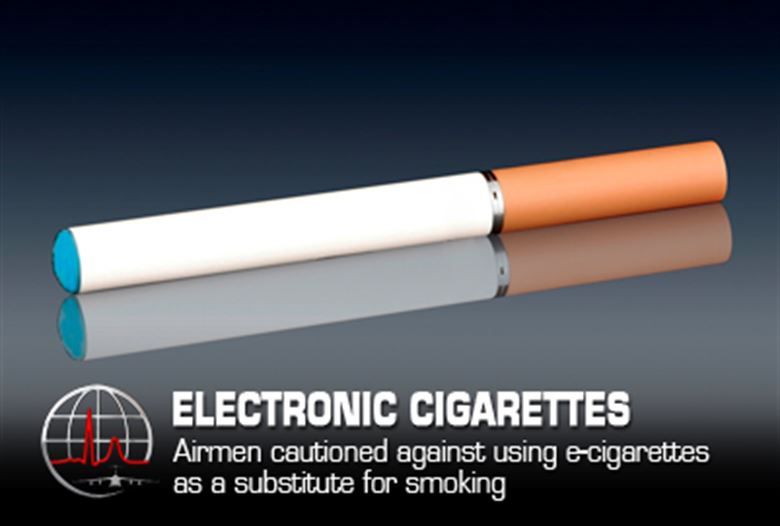Smoking is bad for you. That's something that most Americans will admit, whether they smoke or not. The links to cancer and other diseases are well-documented and vigorously studied.
Even if you don't believe the findings of doctors and scientists, if you smoke you have to admit that your lungs just aren't what they used to be.
Cigarettes are filled with toxic chemicals like nicotine, arsenic, ammonia, and even tar.

Recently, a study found that e-cigarettes are the most successful means for people to stop smoking. The New England Journal of Medicine published a study earlier this year showing e-cigarettes are almost twice as likely to help people quit than other nicotine replacement products, like patches or gum.
It's not without its chemical pitfalls however. Many e-cigarettes have been found to contain heavy metals like cadmium, nickel or lead.
There's another danger too, although rare, it's also potentially fatal: explosion.
NBC Dallas reported a tragic accident that might ring alarm bells for people who smoke e-cigarettes.
William Brown, 24, was outside the store he bought his vaping supplies from. He was sitting in his car and took a puff, that's when his e-cigarette exploded in his mouth, propelling metal fragments up into his head.
He was rushed to hospital where doctors worked urgently to remove the metal, but it was slow-going. A few days later, Brown died as a result of his injuries.
Posted by William Brown on Friday, May 15, 2015
"He was talking when he got to the hospital," Alice Brown, his grandmother said. "Now he's got a new address in heaven."
The Tarrant County medical examiner ruled the cause of death was "penetrating trauma from (an) exploding vaporizer pen."
This would be the second known death caused by an exploding e-cigarette. In May of last year, Tallmadge D'Elia of St. Petersburg, Florida, was killed when his device exploded. Authorities there ruled his death an accident caused by "projectile wound to the head." He also suffered burns on the majority of his body. He was 35.

That case was made more complex by the use of something called a mechanical mod. These have less strict regulations that e-cigarettes as a whole. It's unknown if Brown's vaping device also contained such a mod.
The United States Fire Administration conducted a review of e-cigarette-related fires from 2009 - 2016, they issues a report that cited those using lithium-ion batteries as the most prone to explosion.
So much is still being learned about e-cigarettes and their risks, but any information won't come in time to help William Brown.


